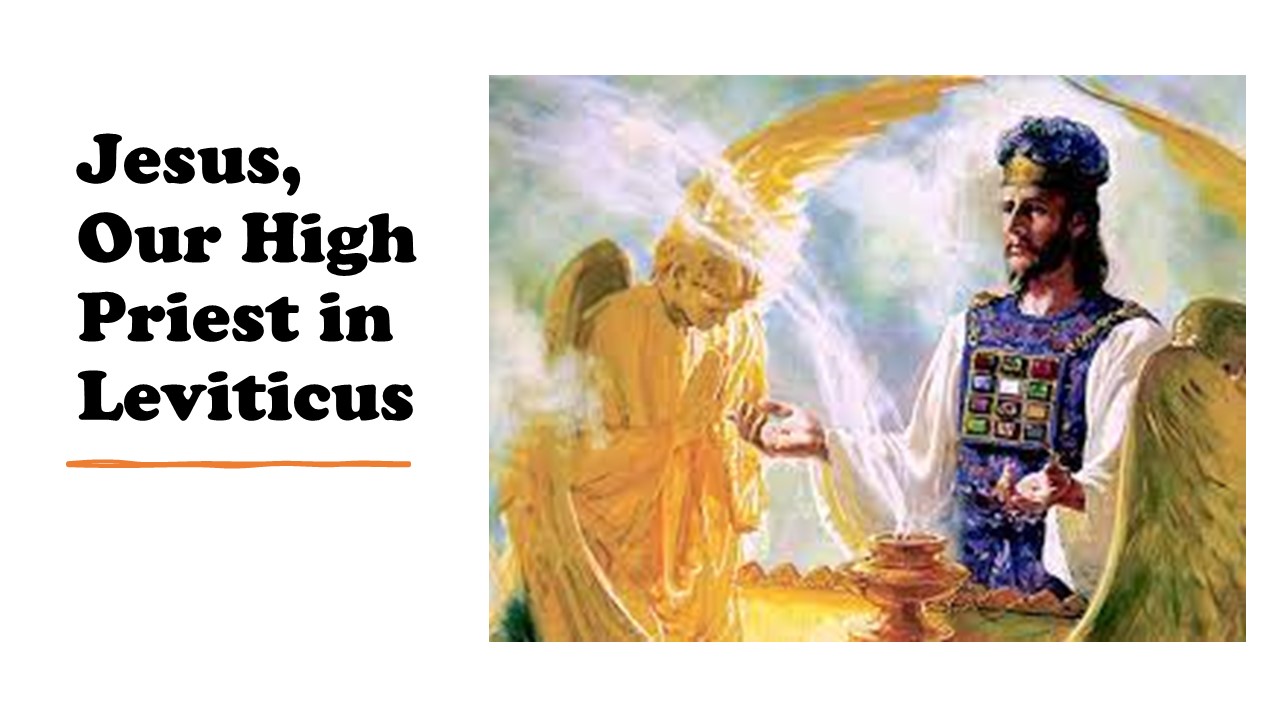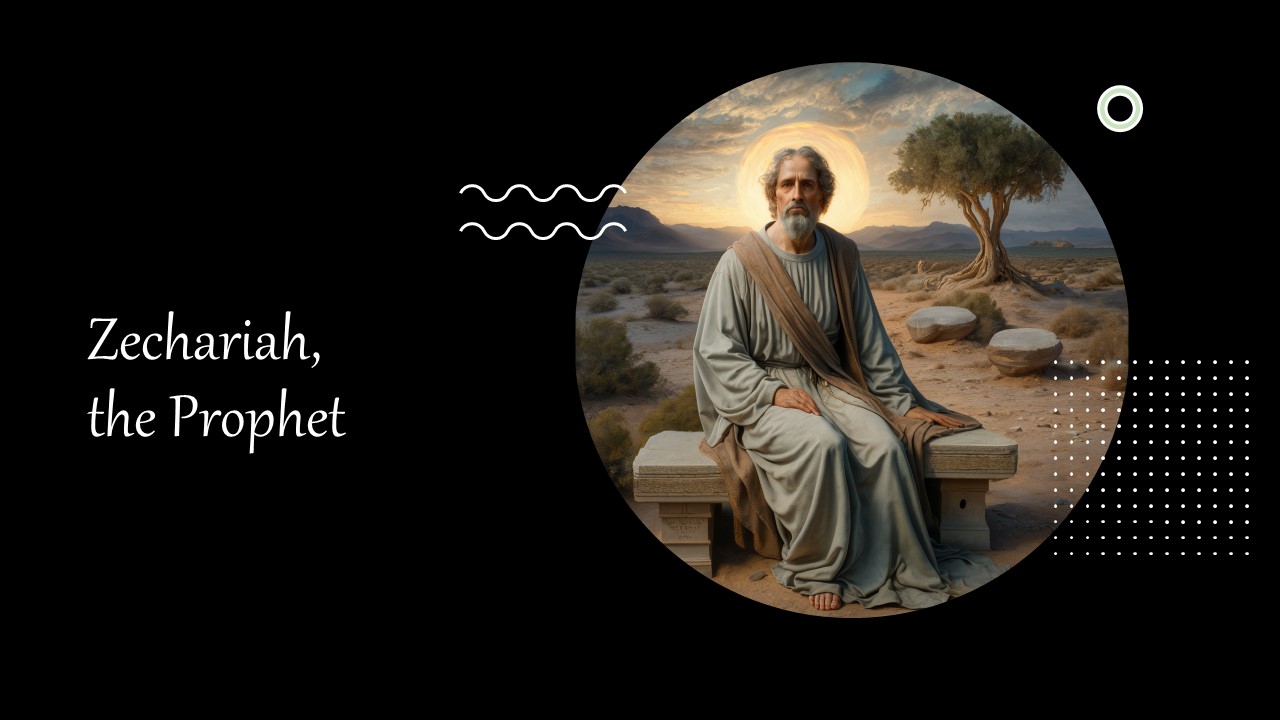In today’s episode, we transition from the Old Testament to the New Testament, specifically focusing on the Gospel of Matthew. Matthew, a former tax collector, is believed to be the author of this Gospel, although the exact date of its writing is debated. It's generally accepted that Matthew wrote for a Jewish-Christian audience, emphasizing Jesus as the fulfillment of Old Testament prophecies.
The episode highlights Matthew's unique perspective as a disciple who witnessed Jesus' teachings and miracles firsthand. His transformation from a despised tax collector to a devoted follower serves as a testament to Jesus' inclusive ministry and the power of personal change.
After Jesus' ascension, Matthew continued his mission by sharing the gospel and establishing Christian communities. While the details of his later life remain shrouded in tradition and legend, his legacy as the author of the first Gospel remains secure. The Gospel of Matthew offers a unique blend of Jewish tradition and Hellenistic influence, serving as a teaching tool for early Christians while demonstrating how Jesus fulfilled Old Testament prophecies.
The episode concludes by emphasizing the lasting impact of Matthew's relationship with Jesus, his commitment to discipleship, and his contribution as an evangelist and teacher for the early Church. His story serves as an inspiration for Christians today to embrace inclusivity, personal transformation, and active participation in sharing the gospel.

After the birth of Christ, angels appeared to shepherds tending their flocks, and gave them the good news that the Savior of the world...

As we continue our series: “Jesus in Every Book of the Bible,” we spend one day in the third book of the Old Testament:...

Zechariah, a post-exilic prophet during the reign of Darius the Great around 520 BC, played a pivotal role in the spiritual and physical restoration...